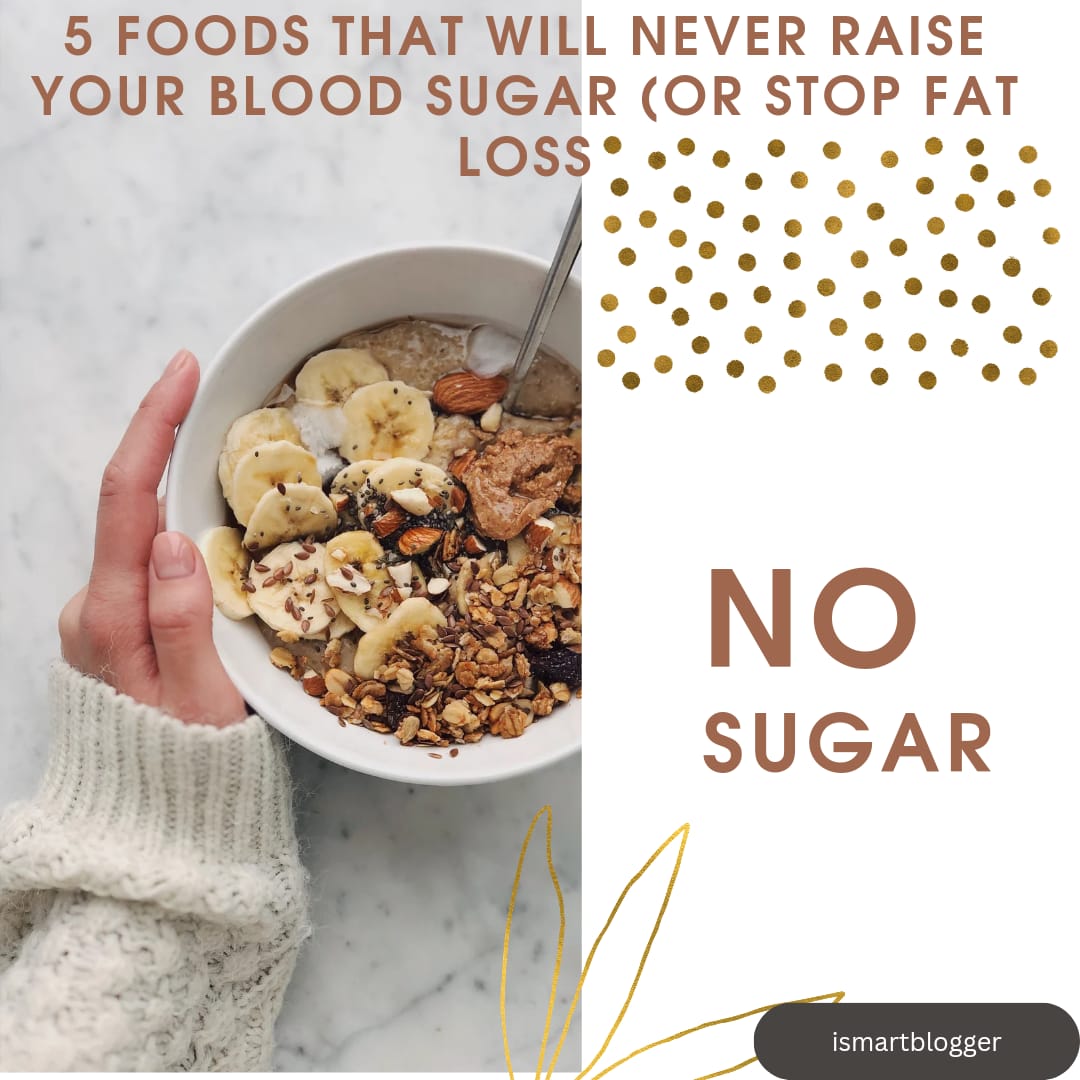Managing type 2 diabetes and weight concerns can be challenging. Discover how five specific foods—leafy greens, nuts and seeds, non-starchy veggies, berries, and protein-rich sources—can aid in blood sugar control and weight loss. Low on the glycemic index and rich in fiber, antioxidants, and essential nutrients, these foods promise stable blood sugar and reduced risk of diabetes. Learn the key benefits of each food group, from fiber’s glucose-regulating function to antioxidants fighting inflammation. While these foods are vital, moderation, healthy cooking methods, and a varied diet are also pivotal for optimal health and wellness. Embrace these foods, ensure suitable portions, and maintain a balanced diet for your well-being.
I was diagnosed with type 2 diabetes, and I was struggling to manage my blood sugar levels and worried about my weight. I had tried many diets, but nothing seemed to work.
One day, I met a nutritionist who told me about five foods that would never raise my blood sugar and could help me lose weight. These foods were leafy greens, nuts and seeds, non-starchy vegetables, berries, and protein-rich foods.I was surprised to learn that these foods could help me manage my blood sugar levels and promote weight loss. I decided to give it a try and started incorporating these foods into my diet.
I replaced my usual snacks with almonds, which were high in protein and healthy fats. I also started eating more leafy greens, like spinach and kale, which were loaded with fiber and essential nutrients.
Maintaining stable blood sugar levels is crucial for people with type 2 diabetes or those trying to lose weight. Eating foods with a low glycemic index, rich in fiber, protein, and antioxidants, can help keep blood sugar in check and promote fat loss. Here are five foods that will never raise your blood sugar and are beneficial for managing blood sugar levels and promoting weight loss.
Leafy Greens.
Leafy greens such as spinach, kale, collard greens, and lettuce are excellent sources of fiber, antioxidants, and other essential nutrients. These vegetables have a low glycemic index and are loaded with phytochemicals that help regulate blood sugar levels. The fiber content in leafy greens slows down the digestion of carbohydrates, preventing blood sugar spikes.
Nuts and Seeds.
Nuts and seeds, such as almonds, walnuts, chia seeds, and flaxseeds, are rich in fiber, healthy fats, and protein. They have a low glycemic index and are considered an excellent snack option for people with type 2 diabetes or those trying to lose weight. Consuming nuts and seeds regularly can help reduce the risk of developing type 2 diabetes and improve blood sugar control.
Non-Starchy Vegetables.
Non-starchy vegetables like broccoli, cauliflower, asparagus, and green beans are low in carbohydrates, high in fiber, and have a low glycemic index. These vegetables are nutrient-dense and provide essential vitamins, minerals, and antioxidants that promote overall health and well-being.
Berries.
Berries like strawberries, blueberries, raspberries, and blackberries are rich in fiber, vitamins, and antioxidants. These fruits have a low glycemic index and are excellent options for people with type 2 diabetes. Consuming berries regularly can help improve blood sugar control, reduce inflammation, and promote fat loss.
Protein-Rich Foods.
Protein-rich foods like lean meat, fish, poultry, and legumes are essential for maintaining stable blood sugar levels and promoting fat loss. These foods have a low glycemic index and are rich in amino acids that help build and repair muscles. Consuming protein-rich foods can also help reduce appetite and prevent overeating.
Incorporating foods like leafy greens, nuts and seeds, non-starchy vegetables, berries, and protein-rich foods into your diet can help manage blood sugar levels, prevent spikes, and promote fat loss. Additionally, eating a diet rich in fiber and antioxidants can help improve overall health and reduce the risk of developing type 2 diabetes.
Fiber is an essential nutrient for managing blood sugar levels as it slows down the absorption of glucose in the bloodstream. It also promotes satiety, preventing overeating and subsequent blood sugar spikes. Antioxidants, on the other hand, help reduce inflammation, oxidative stress, and damage to cells and tissues.
While incorporating these foods into your diet is crucial, it is also essential to pay attention to portion sizes and choose healthier cooking methods. For example, instead of frying, try grilling, roasting, or steaming your food. You can also experiment with different herbs and spices to add flavor to your meals without adding extra salt or sugar.
Lastly, it is vital to note that while these foods are beneficial for managing blood sugar levels and promoting weight loss, they should not be the only focus of your diet. A balanced diet that includes a variety of foods from different food groups is essential for overall health and well-being.
Conclusion:
Including foods with a low glycemic index, rich in fiber, protein, and antioxidants, such as leafy greens, nuts and seeds, non-starchy vegetables, berries, and protein-rich foods, can help manage blood sugar levels, prevent spikes, and promote fat loss. Additionally, it is crucial to pay attention to portion sizes and choose healthier cooking methods to optimize the benefits of these foods. A balanced diet that includes a variety of foods from different food groups is also essential for overall health and well-being.
“Discover the power of Berberine, the natural insulin herb, and support your blood sugar levels and overall health today!

